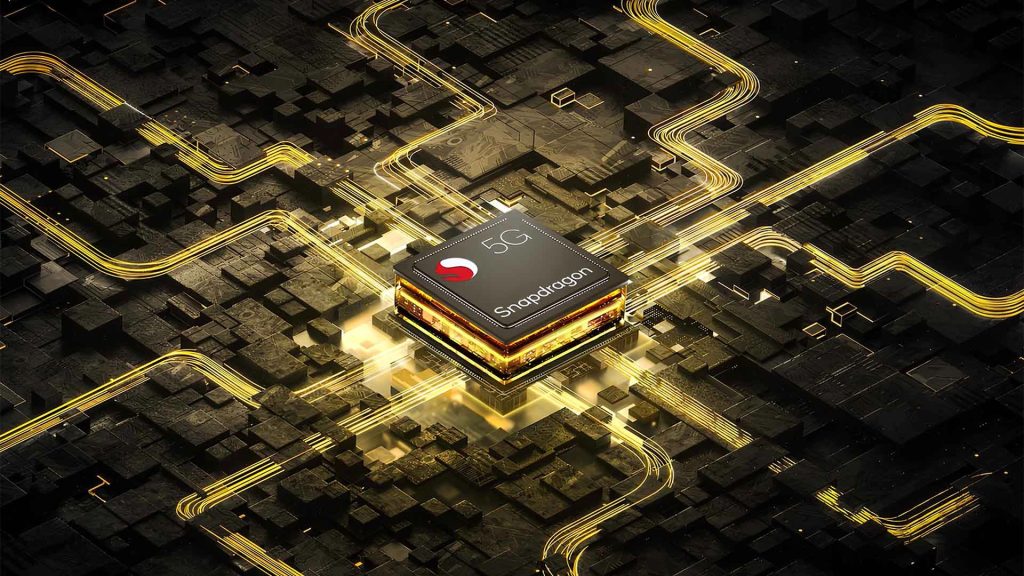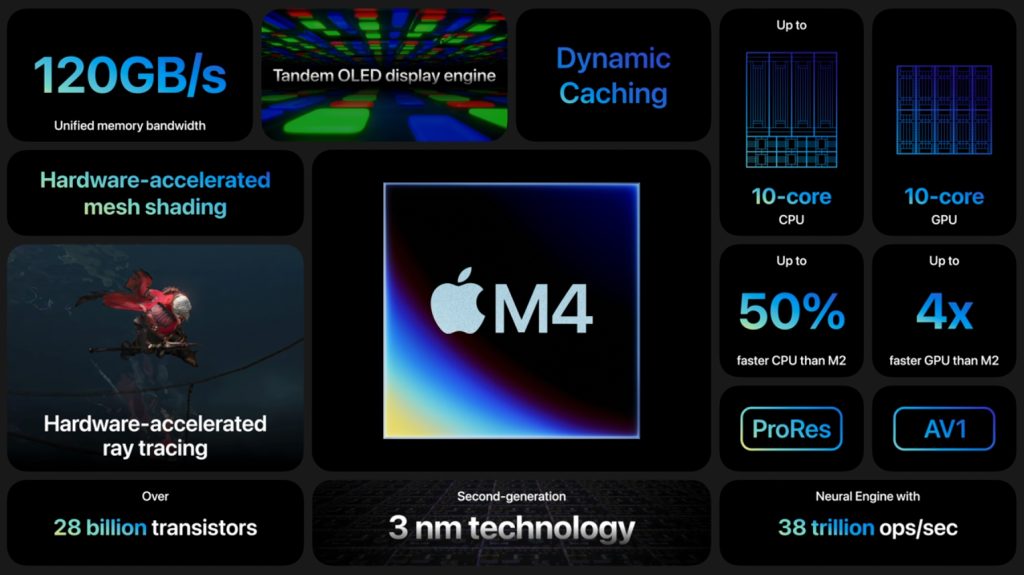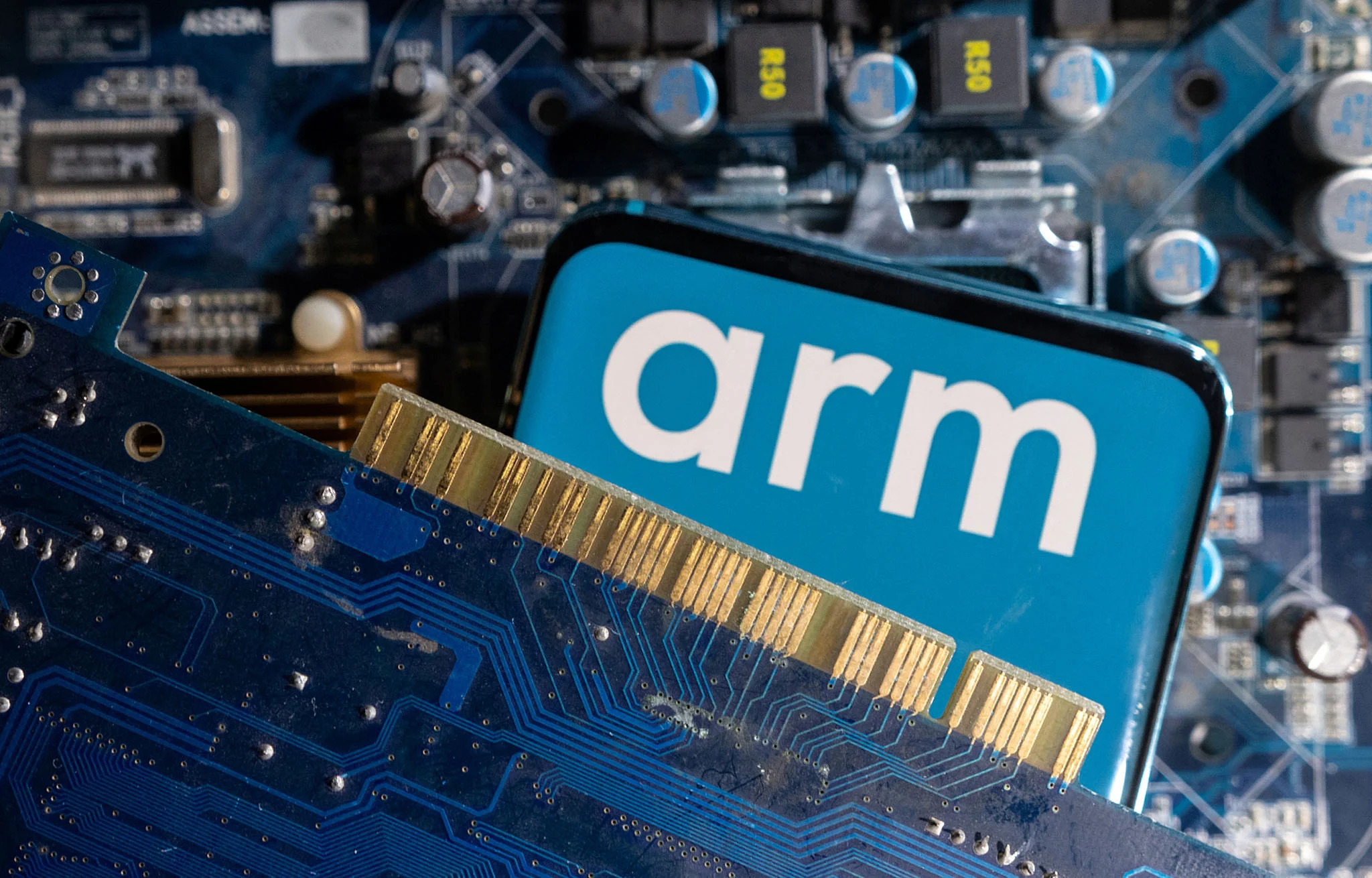ARM Holding Plc has recently taken a new step, announcing that they will revoke the license for the instruction set architecture intellectual property developed by this British chip company and sold to Qualcomm. This is the latest move since ARM sued Qualcomm in 2022, shortly after the San Diego, California-based chipmaker acquired the chip development startup Nuvia, founded by several senior Apple engineers.
Based on documents obtained by Bloomberg, ARM has sent a notice to Qualcomm that within 60 days from the date this document is sent, ARM will revoke the license for chip design, instruction set architecture, and intellectual property created by ARM. All agreements for the use of ARM-designed and developed products will no longer be valid.
This move has the potential to impact the entire smartphone market and even the global personal computer market. At the same time, with the cessation of cooperation with one of the largest partners and customers, both ARM and Qualcomm are at risk of being affected in terms of business.
As for Qualcomm, based on the ARM instruction set architecture design, they sell hundreds of millions of processors to smartphone manufacturers, computers, and other technology product devices every year. The number of Android phone SoC manufacturers worldwide can be counted on one hand, and Snapdragon chips are equipped in billions of Android smartphones operating globally.
If the decision to revoke the license for ARM chip design is implemented, Qualcomm will have to stop selling products, specifically Snapdragon chips created and operated based on the ARM instruction set architecture. The affected revenue could reach nearly 40 billion USD. Another solution is that Qualcomm will have to settle the lawsuit with ARM in court and pay a huge fee for ARM to withdraw the lawsuit, with allegations of breach of agreement and intellectual property rights violations.
The question is why ARM and Qualcomm have ended up in this situation.

Acquired Nuvia, producing Snapdragon X Elite
In 2022, ARM, owned by the Japanese conglomerate SoftBank, sued Qualcomm immediately after Qualcomm spent $1.4 billion to acquire the startup Nuvia, which specializes in chip processing architecture and was founded by former Apple engineers and executives. According to ARM, when Qualcomm acquires Nuvia, they will also need a new agreement to continue using the intellectual property rights that Nuvia previously purchased from ARM.
ARM is currently selling the licensing rights for its instruction set architecture and chip processing architecture, which they develop for various parties, such as Apple, Qualcomm, and even Nvidia, so that they can create commercialized chips, such as the A18 Pro in the iPhone 16 Pro, the M4 in the new iPad Pro, Qualcomm’s Snapdragon 8 Gen 3, or the Grace CPU chip in the Grace Hopper superchip system running AI on Nvidia’s cloud servers.

After acquiring Nuvia, Qualcomm shifted the team of chip design engineers from this startup from researching server processors to developing personal computer processors. The Oryon CPU cores on Snapdragon X Elite and soon on Snapdragon 8 Gen 4 are the result of research by engineers who were once part of Nuvia.
ARM said that the Oryon architecture design on Snapdragon X Elite, expected to equip laptops meeting Microsoft’s Copilot+ PC standard, is the technical achievement from Nuvia’s research. But before that, after acquiring Nuvia, Qualcomm did not renew the licensing rights for the inventions and instruction set architecture. ARM announced that it has canceled the design and architecture application rights that they developed and sold to Nuvia.
In other words, according to ARM, Qualcomm does not have reasonable royalty payments for the Snapdragon X Elite and Plus chips that they are preparing to sell on the market, which will be equipped in OEM laptops.
Qualcomm denies this accusation, stating that the intellectual property licensing agreement they signed with ARM includes products such as chips for personal computers. At the time ARM sued Qualcomm in 2022, these agreements had not changed at all. Ann Chaplin, Qualcomm’s legal counsel, made an official statement at that time, saying, “ARM’s complaints overlook the fact that Qualcomm has a broad and long-standing trademark that applies to CPU core designs based on the instruction set architecture they developed, and we are confident that our rights will be protected.”
What now?
After the information was discovered by Bloomberg, they asked representatives from both ARM and Qualcomm. The ARM side declined to make an official statement. A Qualcomm spokesperson said that the British company “is trying to bully a long-time partner”:
“It seems like this is an attempt to disrupt the legal process, and their request to revoke the license is completely unfounded.” We are confident that Qualcomm’s rights and interests based on the agreement with ARM will be ensured.
As mentioned, ARM’s demand is that Qualcomm must cancel the Oryon CPU cores developed by Nuvia’s engineers and stop selling products that ARM believes violate intellectual property rights, as they were developed by Nuvia before Qualcomm acquired this startup. The products developed by Nuvia, including Oryon, based on ARM’s intellectual property, are not allowed to be transferred to Qualcomm without permission.
In November 2023, the intellectual property license granted by ARM to Nuvia was revoked.
Like many other big names, from Apple to Nvidia, Qualcomm also relies on the instruction set architecture created by the Cambridge-based company in the United Kingdom.
If ARM is serious about terminating the licensing of trademarks and intellectual property they have with Qualcomm, the American chip company will be banned from developing and producing processors based on the ARM instruction set architecture. Qualcomm will still be allowed to purchase CPU or GPU core designs created by ARM and develop them into commercial products, but doing so will be time-consuming and render their research and development efforts over the past few years futile.
ARM’s new business strategy
Before the legal dispute involving Nuvia, ARM and Qualcomm had an extremely close collaborative relationship, which helped the global smartphone industry achieve its current position. But now, under new leadership, both of these corporations are pursuing strategies that increasingly make them direct competitors.
As for ARM, under the leadership of CEO Rene Haas, they have shifted to designing more complete semiconductor chip systems, chip core designs that can be packaged into a fully commercializable product, and then sold to partners and customers. Haas believes that ARM deserves to earn more than it currently does, considering what the company’s engineers have accomplished. This new business direction threatens the operations of ARM’s long-time customers, including Qualcomm, who pay for ARM’s technology licenses in their own commercial chip designs.
As for Qualcomm, under the leadership of CEO Cristiano Amon, they are gradually moving away from using ARM’s CPU and GPU core designs and are developing their own products. That is what threatens the money ARM receives from Qualcomm. At the same time, CEO Amon is also expanding the group’s business into many new fields, including personal computer processors.
Of course, at this moment, both ARM and Qualcomm are collaborating quite closely, and Qualcomm cannot leave ARM immediately.
Currently, ARM has two customer segments. One is the units that use ARM’s chip processing core designs, such as MediaTek. Their latest Dimensity 9400 still uses the Cortex-X925 and Immortalis-G925 cores designed by ARM. The second group of customers consists of entities that only purchase the instruction set architecture license to control the processing chip. In this case, we can mention Apple with its A and M series chips, where the CPU and GPU cores are developed specifically to operate solely based on ARMv9.2-A.
Qualcomm, on the other hand, is no stranger to intellectual property disputes. A significant portion of this group’s annual revenue comes from selling technology licenses they have created, such as 5G modem chip technology. Their two biggest clients in this sector are none other than Samsung and Apple. In 2019, Qualcomm won a lawsuit against Apple, forcing the iPhone manufacturer to continue using modems developed by Qualcomm. At the same time, they also won an appeal in court against the Federal Trade Commission, denying the allegations that Qualcomm was coercing its partners.

